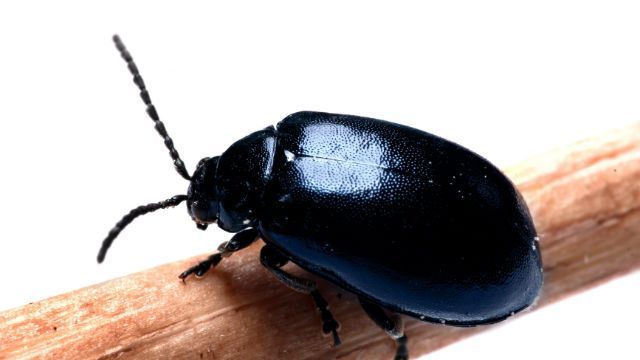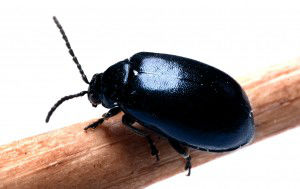
Many of us humans have a rather negative perception of insects. Some bite and spread disease, others destroy crops and yet others are an annoyance and may bring about feelings of disgust.
However you may feel about our insect neighbors, they are essential to the health of our planet, in some ways which may surprise you.
There are nearly a million species of insects that have been classified on Earth, and some scientists speculate that there may be millions – even tens of millions – more that we have not yet studied. The International Union for Conservation of Nature estimates that 1,212 species of insects are currently in the categories of “near threatened” to “extinct.”
While this may not seem like all that many considering the vast number of insect species in existence, each plays an important role in nature. Specific species also contribute in designated ways to their local ecosystems, which would be significantly disrupted if these species did not exist.
Probably the most well-known benefit of insects is their role in pollinating a wide array of plants. In fact, about a third of our food hails from crops pollinated by insects, and 80 percent of this third is pollinated solely by honeybees.
We would only be able to enjoy about ten percent of the fruits and vegetables that are available to us now if bees were not in the picture. Animals would also face this problem without the bees and other pollinating insects, as much of their natural food depends on pollination as well.
The role of insects in our planet’s food chain is a vitally important one. Many predatory insects keep other insects populations in check, in some cases ones that could spread disease to humans. Spiders, for example, while repulsive to some people, eat mosquitoes, which are known to spread malaria and other illnesses.
Butterflies also eat mosquitoes. Ladybugs often dine on aphids, which destroy a variety of crops. On top of that, many animals eat insects, and for some, insects are their only food source.
Another important ecological function of insects is their management of natural waste. Many insects, including dung beetles, eat animal feces and corpses, eventually allowing them to reintegrate with the soil.
When a dung beetle eats feces that have fly eggs in them, the fly eggs are destroyed, which controls the fly population. Cockroaches also play a role in the decomposition of decaying plants and animals.
 Insects including mayflies and stoneflies can help humans ascertain the quality of fresh water. Scientists have found that if a stream does not have these insects flittering around it, there is a high chance that the water is polluted, as they are very sensitive to water toxicity.
Insects including mayflies and stoneflies can help humans ascertain the quality of fresh water. Scientists have found that if a stream does not have these insects flittering around it, there is a high chance that the water is polluted, as they are very sensitive to water toxicity.
So, while insects may not be the first to come to mind when you think of endangered species, this class of organism is crucially important to consider. Without the variety of insects bustling about their business, the entire ecosystem would be in shambles.
-The Alternative Daily
Sources:
http://news.medill.northwestern.edu/chicago/news.aspx?id=231035
http://extension.entm.purdue.edu/radicalbugs/default.php?page=importance_of_insects
http://www.discovery.com/tv-shows/curiosity/topics/10-most-important-insects.htm

